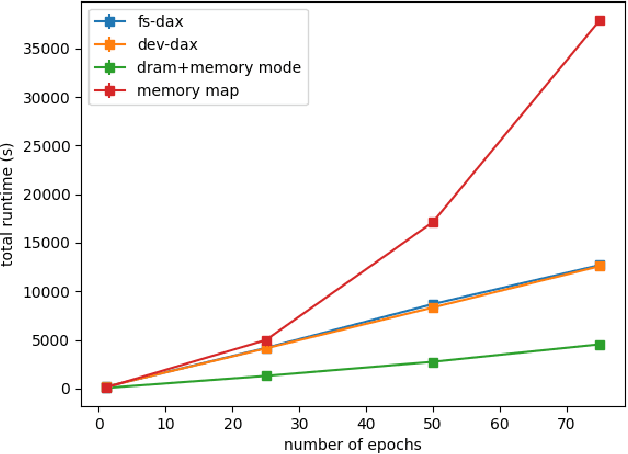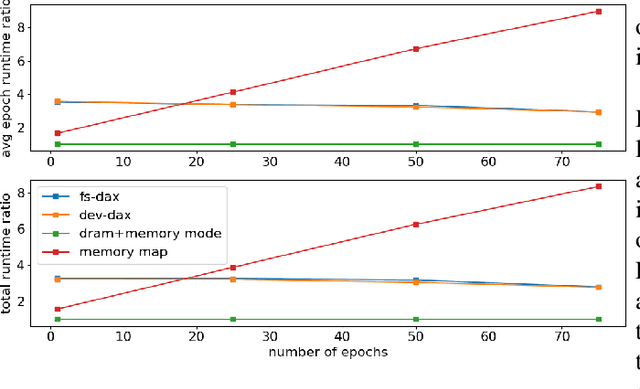Non-Volatile Memory Accelerated Posterior Estimation
Paper and Code
Feb 21, 2022



Bayesian inference allows machine learning models to express uncertainty. Current machine learning models use only a single learnable parameter combination when making predictions, and as a result are highly overconfident when their predictions are wrong. To use more learnable parameter combinations efficiently, these samples must be drawn from the posterior distribution. Unfortunately computing the posterior directly is infeasible, so often researchers approximate it with a well known distribution such as a Gaussian. In this paper, we show that through the use of high-capacity persistent storage, models whose posterior distribution was too big to approximate are now feasible, leading to improved predictions in downstream tasks.
 Add to Chrome
Add to Chrome Add to Firefox
Add to Firefox Add to Edge
Add to Edge